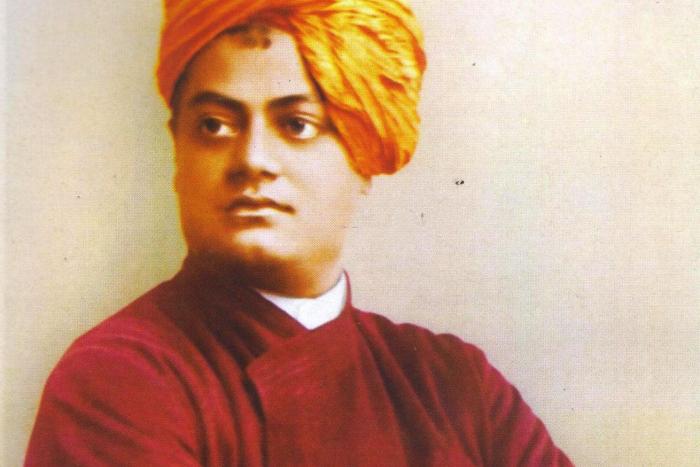At TMZ last week, the good news was that bad news was plentiful. Tori Spelling had had a nervous breakdown and Paris Hilton had been “slammed” by Deadmau5. There were reports that Lindsay Lohan had done something sufficiently humiliating to demand a click-through, and news that some member of the Kardashian-Jenner clan (Krispa? Kwimple?) “sobs every night.” There was a note about Nicki Minaj being single, rumours that Kat Von D had “flipped out,” and a quick item to remind readers that Renee Zellweger still didn’t look much like Renee Zellweger at all.
TMZ is just one small part of an industry that is often called the celebrity-industrial complex, but would be more accurately described as a branch of the schadenfreude economy—a massively profitable industry fueled by our insatiable desire to see those more successful than we are brought low, debased and belittled. Of course, this isn’t a feeling that’s unique to our relationship to celebrities. We don’t need TMZ to delight in the suffering of others. We can creep on our ex-friends on Instagram, bask in the warm feeling that comes when a sycophantic co-worker is given a humiliating task, thrill with malicious pleasure when a beautiful, superficial frenemy gives birth to a truly ugly baby.
Schadenfreude is what’s known as a “social comparison based emotion.” Like empathy or pity, it’s a feeling that depends on another person’s actions and emotions. But while there has been much study of the evolutionary roots of empathy, comparatively little is known about schadenfreude. Why do we take pleasure in the pain of others?
A recent study published in the journal PLOS ONE discusses some of the best explanations. One theory is that the emotion evolved as a reaction to a world of limited resources. Here, life is a zero-sum game in which a competitor’s every misfortune represents a personal windfall. We smile when a rival suffers, not because we inherently enjoy another’s pain, but because it means there will be more resources available to us.
A rival hypothesis is that schadenfreude is the result of “inequity aversion.” We are incredibly concerned about equality and hate it when people are unfairly rewarded. In this theory, schadenfreude is the deep sense of satisfaction that comes when we see the people we believe are undeserving get their comeuppance.
In the PLOS ONE study, psychologists from the University of Haifa in Israel performed an experiment designed to test these theories. Using 35 different groups of three, the psychologists created two different scenarios. In the control scenario, a mother and her two-year-old child were put into a room with one of the child’s preschool classmates. While the two children played with toys, the mother was instructed to begin reading a book aloud to herself. After approximately two minutes, the mother took a glass of water and “accidentally” spilled a little over the book.
The second scenario began the same way. Then, on the experimenter’s cue, the mother picked up her kid’s classmate, put the child on her lap, and began reading to him or her. After two minutes, the mother again accidentally spilled water on the book, ending the reading session. The spill was designed to provoke schadenfreude. The target child’s mother was paying attention to another kid—an unfair, unpleasant situation—and the spill put an end to it.
In the first theory of schadenfreude, our joy in another’s misfortune is because we believe that we will benefit. In this study however, both scenarios ended with the child getting more attention from its mother. If schadenfruede is just about celebrating in our own improved prospects, the kids should have celebrated when the water was spilled on the book in both scenarios.
Instead, researchers found that kids in the second scenario took far more pleasure in the spill. During the reading, the kids became jealous, physically pushing their rivals aside and standing between them and their mother, shouting things like, “I want too!” When the water was spilled, the kids were delighted. The unfair treatment had been remedied. They jumped up and down, clapped their hands, and literally shouted, “Yes! The water spilled over the book!”
The results show, first, that kids as young as two years old are as horrible as the rest of us. They also seem to suggest that schadenfreude is a deeply ingrained response to perceived inequality. We delight in the troubles of celebrities and frenemies, not because we somehow think that their downfall will benefit us, but because of some misguided but deeply held belief that their success is somehow unfair. The pleasure comes from righting what we feel is a cosmic injustice.
In some ways, the study’s results aren’t particularly surprising. Of course a two-year-old kid feels childish glee at another’s misfortune. What’s more surprising, and regrettable, is that we never grow out of it.






